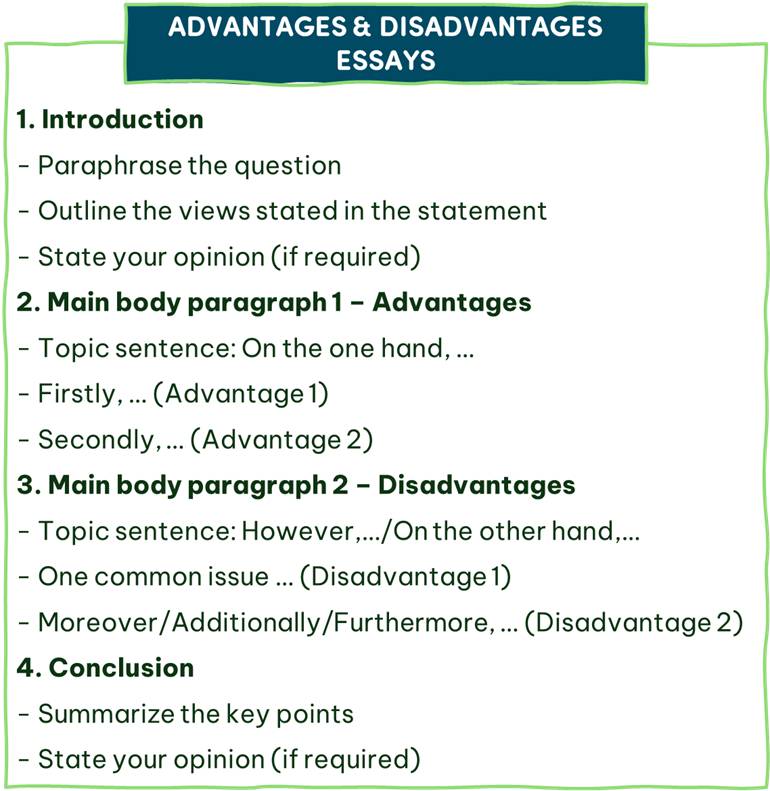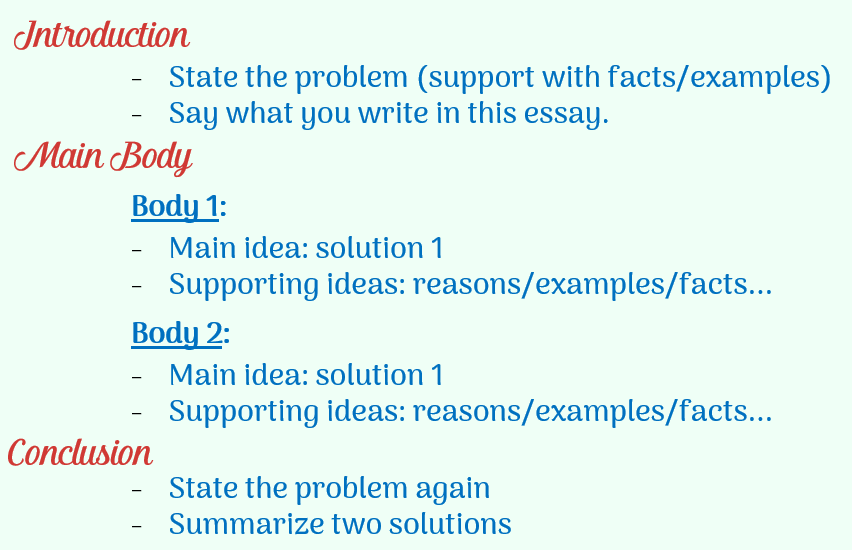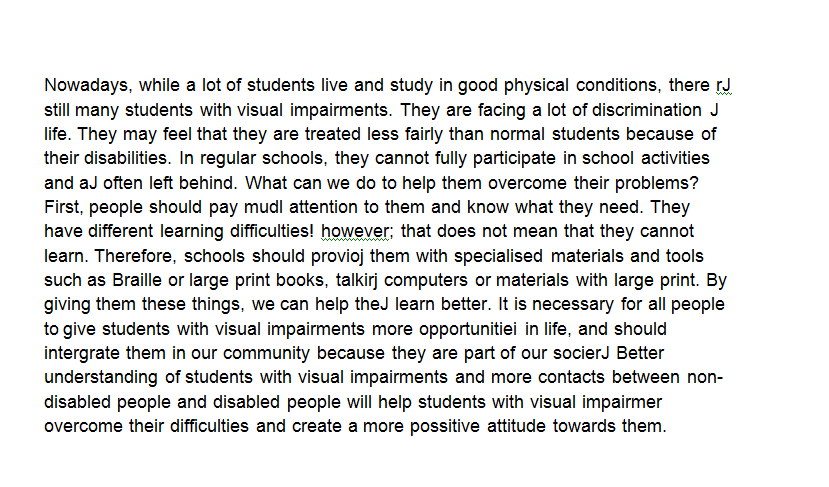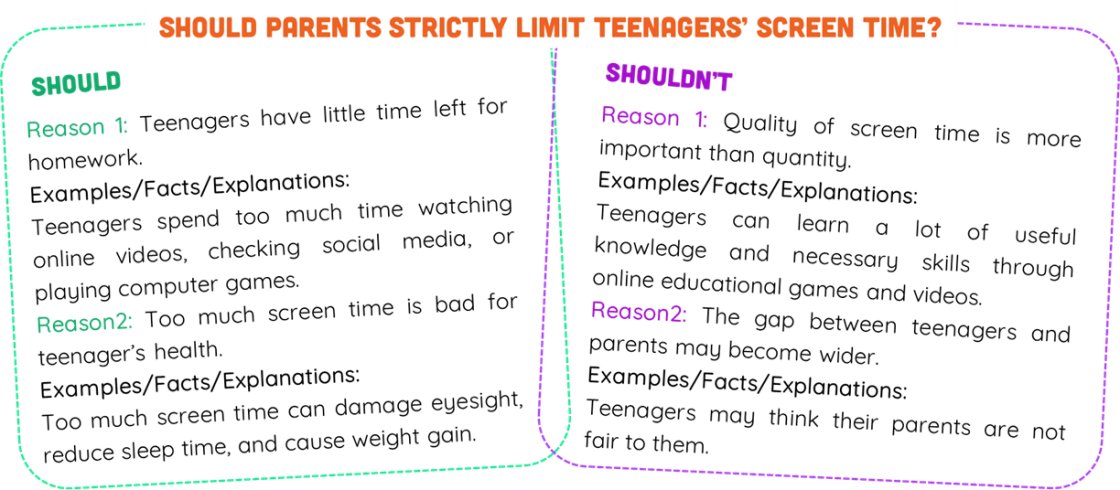
Hãy nhập câu hỏi của bạn vào đây, nếu là tài khoản VIP, bạn sẽ được ưu tiên trả lời.


Dear Anna,
I'm glad that you like the cooking book. It has many interesting recipes in there, you should try one. By the way, Sunday sounds great, I'll come over at 4 p.m.
See you soon,
Linda
Hi Anna,
I'm glad that you're finding my book on healthy cooking helpful.
I am delighted to join you at your home this Sunday to find out some recipes from the book with you.
Unfortunately, my mango trees has not produced any mangoes at the time, but by the way I will buy some fresh mangoes from the market on the way to your place for one of the dishes.
Looking forward to seeing you soon.
Warm regards.
Linda.

Living in a smart city brings many benefits and disadvantages. In this article, I will present some pros and cons of living in a smart city.
The first advantage of living in a smart city is convenience. Information and communications technology is integrated into urban systems, helping to provide public services more effectively. For example, through mobile applications, people can easily search for information about transportation, destinations, and entertainment activities. Furthermore, the smart traffic system helps reduce congestion and save travel time.
Another advantage of smart cities is energy saving and environmental protection. Advanced technologies are applied to manage and use resources effectively. For example, automatic lighting and temperature regulation in buildings help save energy. In addition, the use of smart public transport and self-driving cars helps reduce polluting emissions.
However, living in a smart city also has disadvantages. One of them is the issue of information security. With the widespread use of information technology, the risk of personal information insecurity and privacy violations increases. This requires strong security measures to ensure the safety of people's personal data.
Another drawback of smart cities is their dependence on technology. If technology systems fail or are attacked, public services could be disrupted. This poses challenges for maintaining stability and ensuring security of smart cities.
In short, living in a smart city brings many benefits such as convenience and energy savings. However, it is also necessary to pay attention to information security issues and dependence on technology. To make the most of the advantages and minimize the disadvantages, smart investment and management from city managers is needed.


A. mansion (khu nhà lớn)
B. thatched cottage (nhà tranh lợp mái)
C. semi-detached house (nhà liền kề)
D. flat (căn hộ)
A: What type of home do you live in?
(Bạn sống trong loại nhà nào?)
B: I live in a detached house in district 10.
(Tôi sống trong một căn nhà biệt lập ở quận 10.)

a) countable nouns: document, gadget
(danh từ đếm được: tài liệu, tiện ích)
b) uncountable nouns: habit, health, information, money, music, software, website, homework
(danh từ không đếm được: thói quen, sức khỏe, thông tin, tiền bạc, âm nhạc, phần mềm, trang web, bài tập về nhà)


Nowadays, while a lot of students live and study in good physical condition, there are still many students with visual impairments. They are facing a lot of discrimination in life. They may feel that they are treated less fairly than normal students because of their disabilities. In regular schools, they cannot fully paripate in school activities and are often left behind.What can we do to help them overcome their problems? First, people should pay more attention to them and know what they need. They have different learning difficulties! However, that does not mean that they cannot learn. Therefore, schools should provide them with special materials and tools such as Braille or large print books, talking computers or materials with large print. By giving them these things, we can help them learn better.Secondly, there should be more close contacts between students with visual impairment and non-disabled ones. People should create an atmosphere of friendliness and respect during all activities at school. When working together with students with visual impairments, people will fully understand them and may recognize the talents hidden inside them. This is something that all people in our society should do.It is necessary for all people to give students with visual impairments more opportunities in life, and should integrate them into our community because they are part of our society. Better understanding students with visual impairments and creating more contacts between non-disabled people and disabled people will help students with visual impairments overcome their setbacks.

In today's digital age, screens have become an integral part of our daily lives. However, excessive screen time can have some negative impacts on our health, particularly for teenagers. In my opinion, it is important to limit teenagers' screen time. Firstly, prolonged exposure to screens has been linked to a variety of health problems such as obesity, poor eyesight, and insomnia. Spending excessive amounts of time in front of screens can also cause headaches, neck and back pain, and postural problems. Limiting teenagers' screen time can help ensure that they get enough physical activity, fresh air, and quality sleep that their growing bodies need. Secondly, excessive screen time can negatively impact teenagers' mental health. It can lead to feelings of isolation, anxiety, depression, and even addiction. Social media platforms, for instance, can create unrealistic expectations for youth, leaving many feeling inferior and depressed. To combat this, teenagers should learn to moderate their Internet and screen usage, and pursue more meaningful and fulfilling activities. Thirdly, screen time can affect teenagers' cognitive development. The brain of a teenager is still developing, and research shows that excessive screen time can impede brain development that affects cognitive skills such as attention span, memory, and problem solving. In contrast, spending more time reading, interacting face-to-face with peers, and engaging in outdoor activities can help teenagers build positive cognitive skills. In conclusion, while screens are useful tools, they should be used in moderation, especially for teenagers. Limiting their screen time can have positive effects on their physical, mental, and emotional well-being. Parents and guardians should encourage teenagers to find other activities that they enjoy besides screens such as sports, arts, traveling, and socializing with peers. By doing so, teenagers can strike a healthy balance between screen time and other activities, leading to a healthier and happier life.
 Give the correct forms of the verbs in bracket
Give the correct forms of the verbs in bracket






.png)


